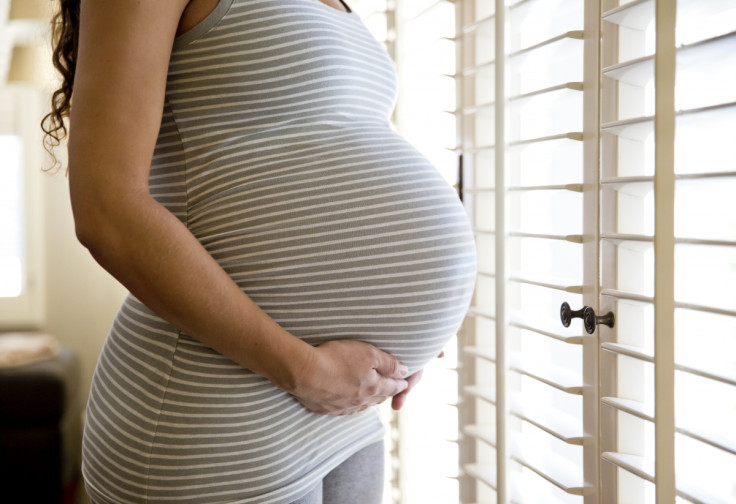World Prematurity Day: What you need to know about the biggest cause of baby death in the UK
About one baby in every 13 is born premature in the UK.

More than 60,000 babies are born premature every year in Britain – and the overwhelming majority live to lead healthy lives. But tragically, around 1,200 babies die each year because they are born too soon, and others who survive a very early birth may develop problems such as learning difficulties or cerebral palsy.
What classes as a premature birth?
Labour normally occurs between 37 and 42 weeks of pregnancy, so if it occurs before 37 weeks, this is classed as premature. This is common in the UK, with around eight in 100 babies born before 37 weeks. Very early premature birth is less common, with less than one in 100 babies born between 22 and 28 weeks of the pregnancy.
What are the signs of a premature birth?
In the majority of cases, labour will start by itself and the signs will be the same as labour that starts at full term, so signs include contractions and waters breaking.
What are the risks of a premature birth?
Generally, the earlier the baby is born the higher the risks are. If a baby is born near-term – so between 34 and 36 weeks – it is less likely to have severe breathing problems, but it may still be at risk of problems with infection or blood sugar levels.
A baby born between 32 and 33 weeks will need special care to address potential breathing problems, but a child born very early – before 28 weeks – will need to be admitted to a neonatal unit with specialist facilities. The organisation Tommy's provides more information about premature births and risks.
Why are some babies born premature?
Nobody knows exactly why babies are born early, but there are some known risk factors, such as infection, genetics or placental problems.
Doctors will occasionally advise having a baby early for safety reasons. For example, in cases of infection of severe pre-eclampsia – when the mother has high blood pressure or protein in her urine.
World Prematurity Day is marked on 17 November.
© Copyright IBTimes 2025. All rights reserved.





















